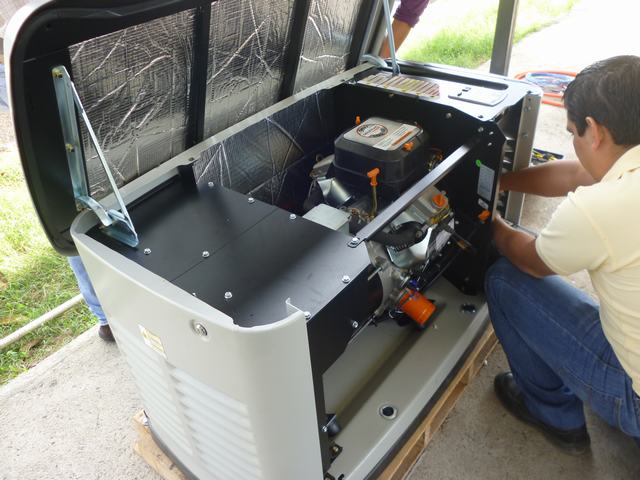
 Biogas provides an integrated approach to energy generation, nutrient recycling for food production, waste management, air pollution and greenhouse gas emissions. ECPA strategic partner SNV, has published the study “Productive Biogas: Current and Future Development” showcasing in five experiences in Vietnam, Uganda, Honduras, Mali and Peru. These initiatives share a renewable energy framework aimed at enabling access to sustainable, clean and reliable energy sources for domestic, industrial and business use while reducing greenhouse gas emissions. These initiatives also support the formulation and implementation of sound policies including regulation, quality assurance, governance and enforcement.
Biogas provides an integrated approach to energy generation, nutrient recycling for food production, waste management, air pollution and greenhouse gas emissions. ECPA strategic partner SNV, has published the study “Productive Biogas: Current and Future Development” showcasing in five experiences in Vietnam, Uganda, Honduras, Mali and Peru. These initiatives share a renewable energy framework aimed at enabling access to sustainable, clean and reliable energy sources for domestic, industrial and business use while reducing greenhouse gas emissions. These initiatives also support the formulation and implementation of sound policies including regulation, quality assurance, governance and enforcement.
Under the auspices of ECPA, SNV and VIOGAZ deployed this integrated biogas production approach in Honduras to save on electricity costs and support clean energy in coffee processing. COCAFELOL, the coffee cooperative targeted in this initiative, increased biogas production using organic waste derived from production. Further, the installation of a biogas system has also enabled COCAFELOL to optimize its wastewater treatment system.
Through this work, ECPA was able to support public awareness on the potential for electricity generated from biogas as an effective, proven means of lowering energy costs, managing organic waste and reducing environmental risks linked to its treatment. Through workshops and seminars, ECPA partners SNV and VIOGAZ developed new knowledge and encouraged public and private institutions to replicate this successful model. Knowledge regarding the assembly, operation, maintenance and use of biogas was transferred to COCAFELOL’s staff.
 Project results suggest that biogas-based electricity generation is viable and is enhancing coffee growers’ environmental competitiveness in Honduras, reducing greenhouse gas emissions by 51.99 t CO2e through methane capture and energy substitution. Project beneficiaries stressed the challenges that the national productive sector faces in incorporating renewable energy sources in this agricultural activity. The study also reveals that “productive biogas, has not yet received the attention it deserves from the private or public sector, partly because it falls within a gap between the industrial and domestic biogas spaces and overlaps with other development sectors.”
Project results suggest that biogas-based electricity generation is viable and is enhancing coffee growers’ environmental competitiveness in Honduras, reducing greenhouse gas emissions by 51.99 t CO2e through methane capture and energy substitution. Project beneficiaries stressed the challenges that the national productive sector faces in incorporating renewable energy sources in this agricultural activity. The study also reveals that “productive biogas, has not yet received the attention it deserves from the private or public sector, partly because it falls within a gap between the industrial and domestic biogas spaces and overlaps with other development sectors.”
 View Map
View Map